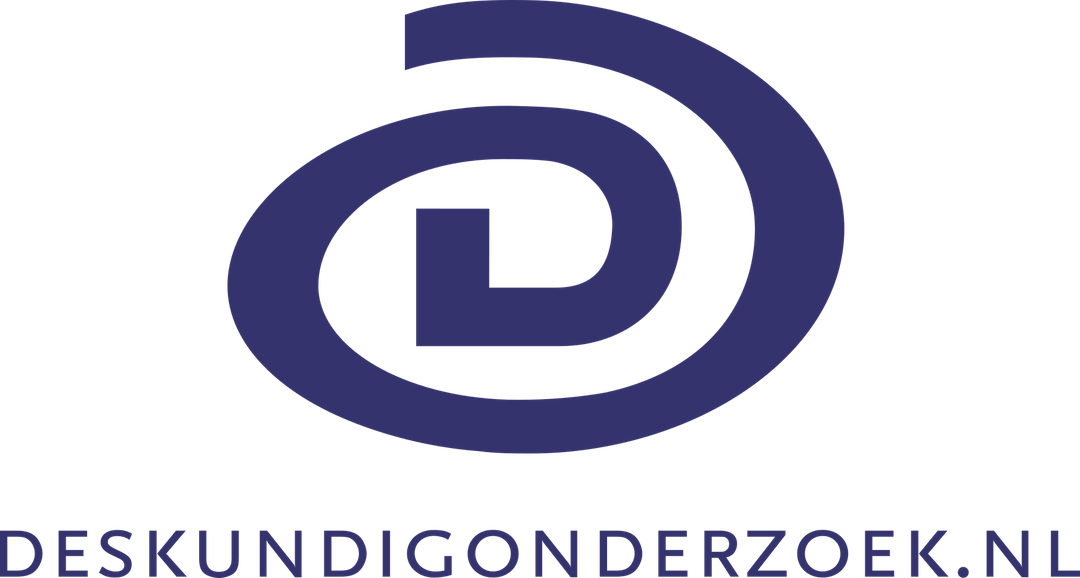
Deskundigonderzoek.nl is offline
De website www.deskundigonderzoek.nl is niet meer toegankelijk.
De werkzaamheden die Deskundigonderzoek.nl op het gebied van forensische accountancy verrichtte, door en onder verantwoordelijkheid van Peter Schimmel, zijn per 31 december 2023 beëindigd.
Voor verplichtingen die voor die tijd zijn aangegaan kan contact worden opgenomen met Peter Schimmel via peter.schimmel@deskundigonderzoek.nl, telefoonnummer +31 6 46290442.
Vanaf 1 januari 2024 is Peter Schimmel als partner Forensics & Technology verbonden aan BDO Nederland.
Hij is bereikbaar via het bovengenoemde telefoonnummer en via peter.schimmel@bdo.nl.

